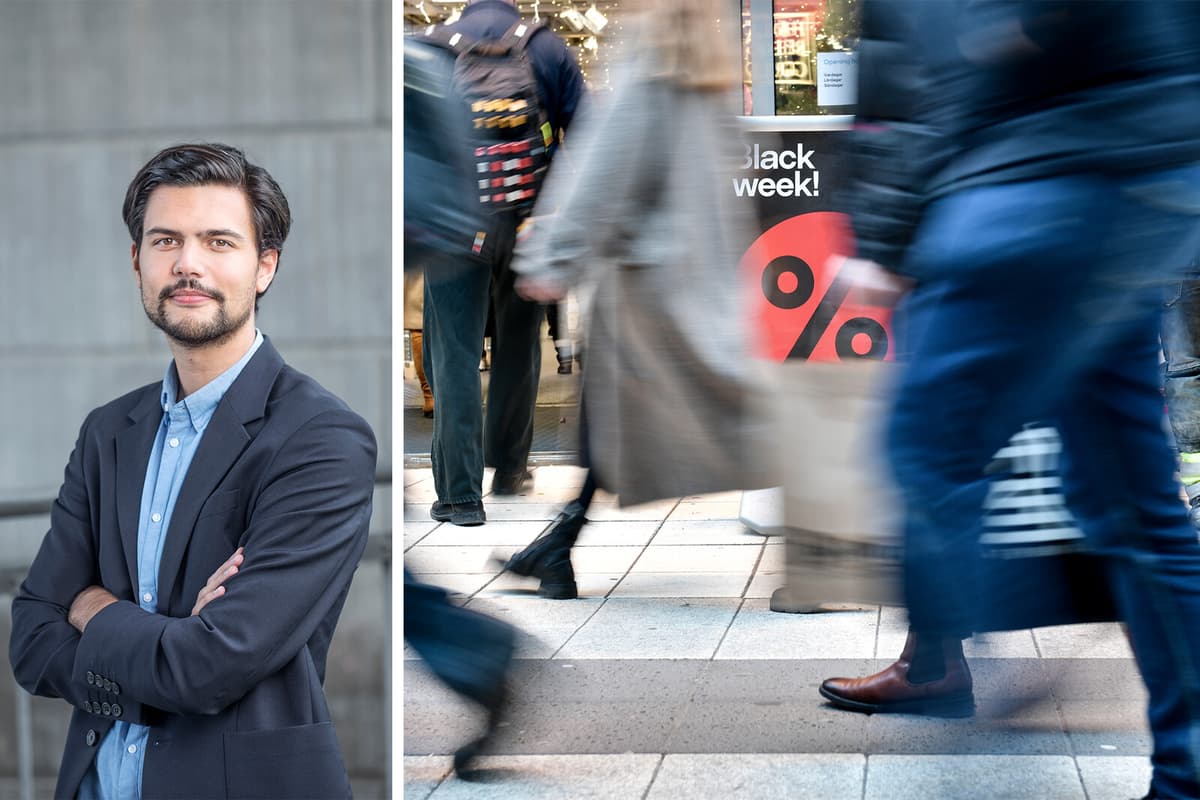On Monday, Singles Day will take place, marking the start of a series of commerce-instigated "holidays". This Chinese invention, which involves discounts targeted at singles, has developed into the world's largest consumption day and has in recent years spread to Sweden as well.
More established in our latitudes is the USA's shopping spree Black Friday on the last Friday in November, which has long since swelled into a whole week. This is followed by Cyber Monday – dedicated to online shopping after all the hustle and bustle in physical stores.
Commerce is rubbing its hands over the billion-dollar turnover. So are many Swedes who are looking forward to a new TV, jacket, or washing machine at heavily discounted prices. But not everything is what it seems. Behind the scenes, there are both cheating traders and fake online stores.
Unfortunately, it is still quite common with rebates that are too good to be true. Even among more serious online retailers, despite having legislation that says this should be super clear, says Sinan Akdag of the non-profit organization Swedish Consumers.
Seven out of ten
Since 2022, companies that claim to have lowered prices must also state the lowest price during the last 30 days. This is to make it harder to create fake discounts where the price is first raised and then lowered.
When the Swedish Consumer Agency examined e-commerce companies' price reductions last autumn, it turned out that seven out of ten did not follow the law when they advertised lowered prices.
I recommend that you go in and double-check on price comparison sites where you can see a serious price history. Especially if you're going to make larger purchases.
From China
Chinese low-price giants like Shein and Temu, as well as other e-commerce platforms that sell goods from third-party sellers outside the EU, pose another problem. There, it often involves deceptive marketing and poor quality.
A third category is so-called dropshipping. Companies that pretend to be a completely different brand or claim to be based in Sweden, but forward orders to companies in other countries that send the goods to the customer.
It's often there we see the real scammers. Products that don't live up to expectations, difficulties with complaints and right of withdrawal, and so on, says Sinan Akdag, noting that these sites are often hard to see through.
The rule of thumb:
If it seems too good to be true, it probably is.






